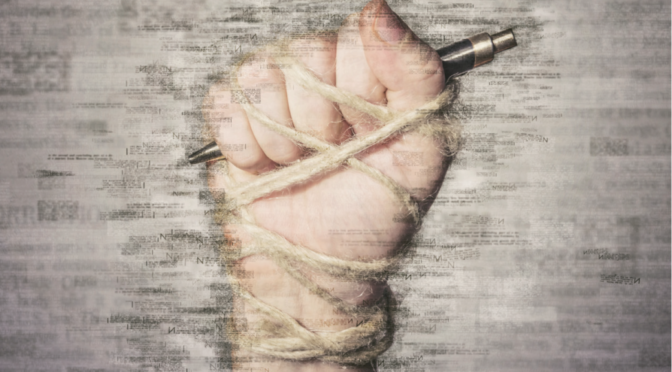
Honoré Banidje, CEFRES
will be taking part in the seminar called Current Issues. Reflection on Crises organised by CEFRES.
Date: Wednesday 24th 2021, 12h30 à 13h50
Where: Online on Zoom.
Organisators: Maria Kokkinou (post-doc at CEFRES / Charles University), Jérôme Heurtaux (CEFRES)
Language: French
To join the Zoom meeting, please click on this link:
For more information about the programme and the seminar, see the website: http://cefres.cz/fr/seminaires/penser-les-crises.
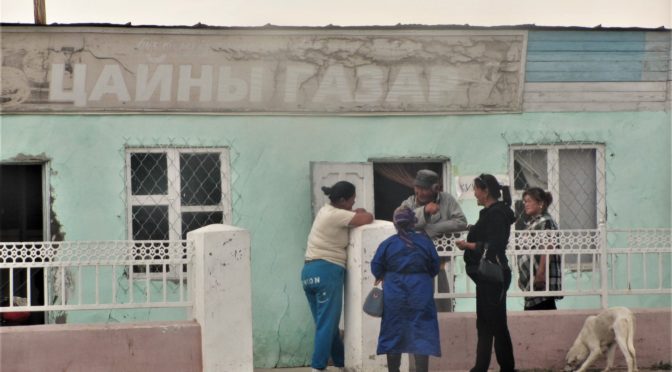
Véronique Gruca (CEFRES / University Paris-Nanterre)
will be taking part at Franco-Czech historical seminar organized by CEFRES and Charles University
Date : Thursday February 18 , 9h-12h30
Where: CEFRES and online (see below)
Organisators : CEFRES and Charles University
Language : French
Pour vous connecter, inscrivez vous auprès de Jaroslav.svatek@ff.cuni.cz
Too see the programme, click here to visit the website.
Click here to join the Zoom meeting : https://cesnet.zoom.us/j/96694269885
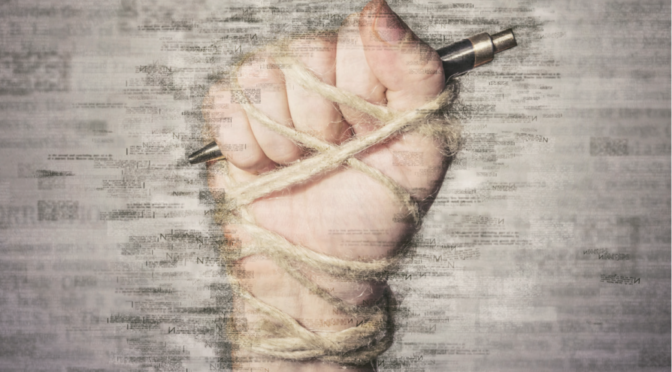
Jérôme Heurtaux, CEFRES
will be taking part in the seminar called Current Issues. Reflection on Crises coorganised by CEFRES and the Institute for International Studies of the Faculty of Social Sciences at Charles University in Prague.
Date: Wednesday February 17th 2021, 11:00 to 12:20
Place: Online on Zoom
Organisators: Maria Kokkinou (post-doc at CEFRES / Charles University), Jérôme Heurtaux (CEFRES)
Language: French
To join the Zoom meeting, please click here:
https://cesnet.zoom.us/j/94466941213
Code : 944 6694 1213
For more information about the seminar, click here: http://cefres.cz/fr/seminaires/penser-les-crises.
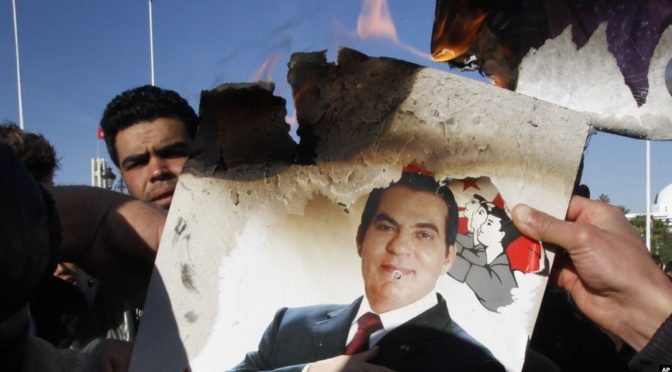
Jérôme Heurtaux, CEFRES
Will host the 1st session of IMS FSV UK Research Seminar.
From one justice to another. Narratives of injustice by the executives of the former regime in Tunisia
Date: Monday 8 February 2021, 11:00
Place: online
Organizators: Institute of International Relations, Faculty of Social Sciences, Charles University
Language: anglais
Please report your participation in the seminars and get the link to the seminar :
https://ims.fsv.cuni.cz/en/research/area-studies-research-seminar
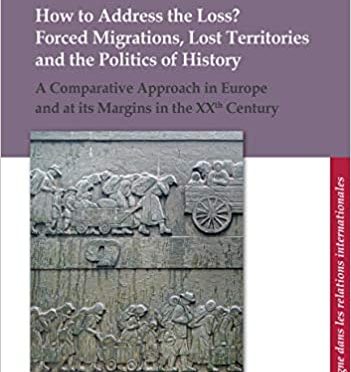
Presentation of the book: How to address the Loss ? Forced Migrations, Lost Territories and the Politics of History. A Comparative Approach in Europe and at its Margins in the XXth Century, Bruxelles (et al.), Peter Lang, 2018.
A Tandem Webinar
organized by Michèle Baussant (CEFRES, CNRS), with the collaboration of Maria Kokkinou (CEFRES / Charles University) and Johana Wyss (Czech Academy of Sciences / CEFRES) and led by Florence Vychytil-Baudoux, associated membre of CEFRES and doctoral student at EHESS Paris
Lecturers
- Anne Bazin (Sciences po/Ceraps), Lille
- Catherine Perron (CERI, Sciences po), Paris
Discussants
- Catherine Klein Gousseff (CERCEC, CNRS), Paris
- Katja Hrobat Virloget (University of Primorska), Koper
Join us on Zoom:
https://us02web.zoom.us/j/83904186941
Meeting ID: 839 0418 6941






